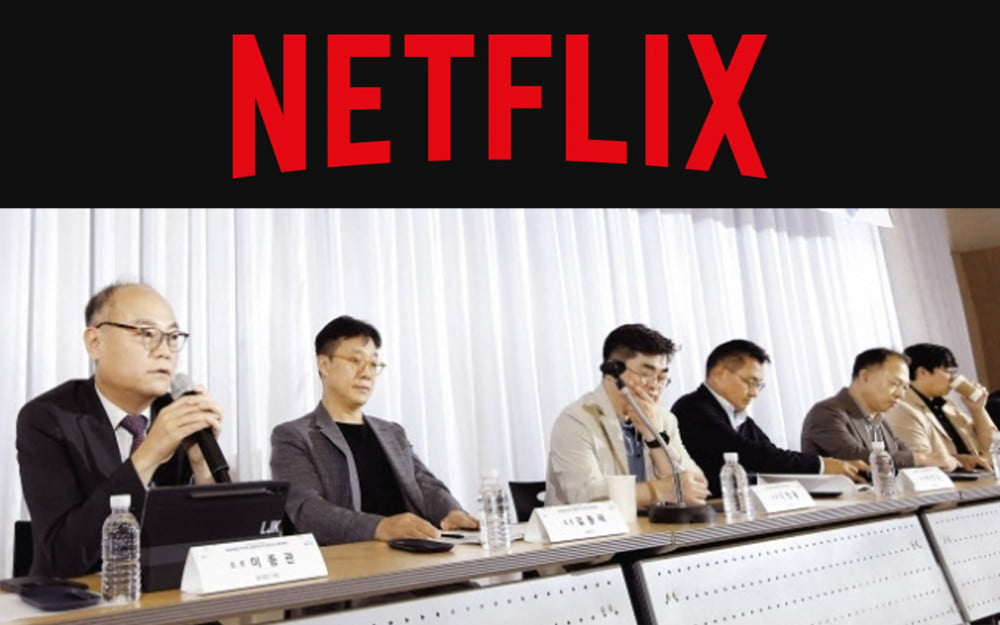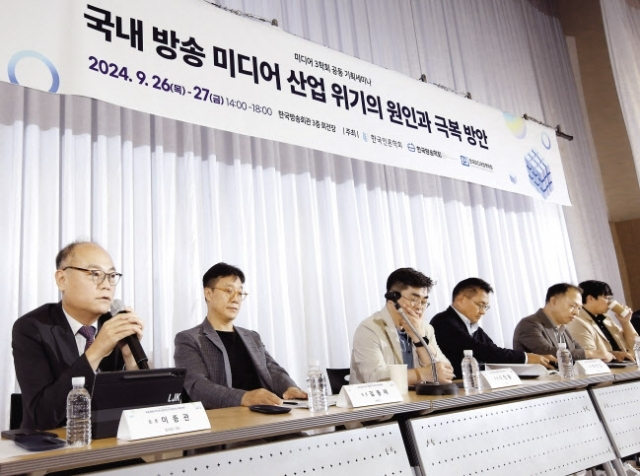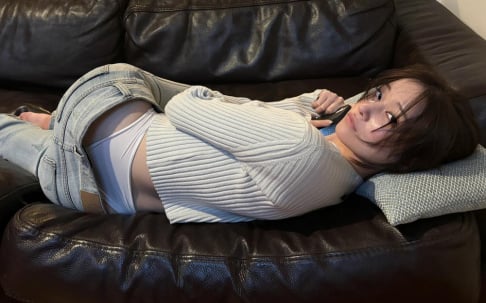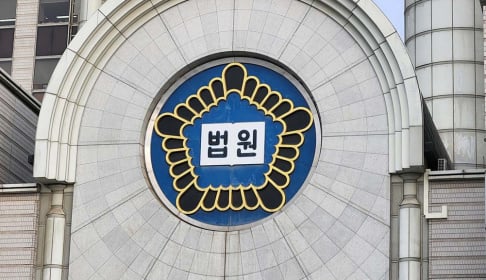
"In the past, I received so many project offers that I would say, ‘Please, let me take a break,’ or ‘I just want to rest.’ But now, the number of opportunities has drastically decreased. I’ve come to realize just how precious it is to be offered a script," said actress Kim Ha Neul, sharing her thoughts on the current state of the entertainment industry.
The domestic media industry in South Korea is facing a significant crisis. Industry insiders are expressing frustration, citing Netflix’s influence as a major factor. "We are experiencing the worst situation in the past 10 years," some say, referring to the challenges posed by the streaming giant.
Netflix’s enormous production budgets have led to a sharp decline in the number of dramas being made. Even well-known actors and actresses are struggling to find roles, as opportunities have become scarce.

Kim Ha Neul recently appeared on a YouTube channel, where she candidly shared her experience, saying, "Nowadays, just receiving a script feels incredibly valuable." Fellow actress Go Hyun Jung echoed similar concerns, revealing, "I’m not getting any offers for roles. I don’t need to be the lead, and I’m even willing to lower my appearance fee."
The number of dramas produced has dropped significantly, from 135 in 2022 to 125 in 2023, with expectations that the number will fall below 100 in 2024. The film industry is also suffering, with reports indicating that over 100 completed films are sitting in storage, unable to secure screenings.
In 2023, domestic broadcasting revenue decreased by 4.7% compared to the previous year, falling to 1.897 trillion KRW (1.4 Billion USD). This marks the first decline in a decade. Revenue for terrestrial TV dropped by 10.2%, cable TV by 3.9%, satellite broadcasting by 2.7%, home shopping by 5.9%, and general program providers by 7.7%.
With the domestic broadcast market recording its first negative growth in 10 years, industry experts are warning that the media industry is on the verge of collapse.

During a joint seminar held from September 26-27 on "The Causes and Solutions for the Broadcasting Market Crisis," the Korean Society for Journalism & Communication Studies, the Korean Society for Broadcasting, and the Korean Media Policy Society declared that "the domestic media market is in a state of emergency."
Professor Lee Heon Yul of Korea University explained, "The massive production budgets set by global OTT platforms like Netflix have forced broadcasters to reduce content creation in order to survive. As a result, we’re seeing a sharp decline in the number of dramas produced, and only a select few actors chosen by these platforms are making money."
Professor Lee Sang Won of Kyung Hee University also raised concerns, stating, "Netflix’s impact has led to a steep decline in broadcasting revenue, while the costs of content production have risen. This collapse in the broadcasting ecosystem could soon turn into a crisis for the Korean Wave (Hallyu)."
Experts emphasize the need to address the imbalances caused by these global platforms. They argue that domestic broadcasters should face fewer regulations, while global OTT services like Netflix should be held accountable and subject to more oversight to restore fairness in the industry.
Korean netizens commented:
"Ordinary people think it's difficult to produce dramas because actor fees are too expensive, but you're saying the opposite? Was it Netflix that raised the fees, or was it the actors themselves?"
"First of all, we should talk about lowering the rates for famous actors. They get billions for a single appearance—do they really think they're worth that much? Stop blaming Netflix and understand the root of the problem. I vote that even 100 million KRW per episode is too much."
"It's the actors who raised the production costs, so what are they talking about?"
"When I occasionally check out platforms like TVing, Netflix, and Wavve, I see so many mediocre dramas. Terrestrial networks and cable channels are all still making dramas. If the number of productions has decreased, just how many were being made before? Instead of wasting time and money on two or three subpar dramas with low ratings and no impact, they should combine those resources to make one good one."
"Do they not realize they're not as popular as they think?"
"They brag about buying buildings and apartments worth hundreds of billions, but the last thing the world needs is to worry about celebrities and politicians."
"It must have been great when they were raking in money, feeling like irreplaceable stars with the power to throw their weight around. But who's really in charge now?"
"What does Netflix have to do with this? If just two lead actors lowered their fees, the issue would be resolved."
"Even before Netflix came into the picture, the majority of production budgets went toward paying actors."
"Then they should decrease their appearance fees."
SEE ALSO: Staff Picks: Our Favorite Songs of 2025
 SHARE
SHARE














































